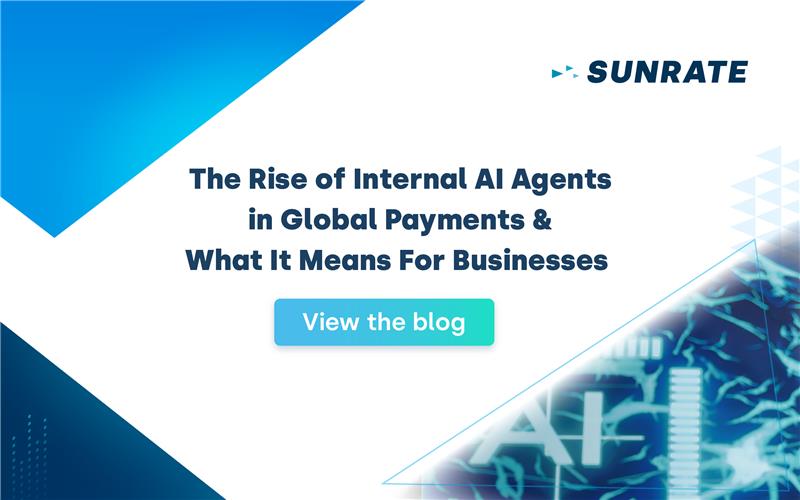

As we move into 2025, businesses face an ever-evolving landscape of fraud threats driven by technological advances and shifting regulatory environments. Fraudsters are becoming increasingly sophisticated, leveraging innovative tools and targeting vulnerabilities in industries like e-commerce, global travel, and financial services. Staying ahead of these threats requires proactive risk management and fraud prevention strategies. Here, we explore key fraud trends anticipated in 2025 and provide actionable insights to help businesses strengthen their defences.
Artificial intelligence (AI) is a double-edged sword in the fight against fraud. While AI empowers businesses with enhanced fraud detection and prevention tools, it also enables cybercriminals to scale their operations. In particular, the growing use of deepfake technology is a serious concern, with fraudsters using hyper-realistic audio and video impersonations to deceive employees into approving unauthorised payments or disclosing sensitive information.
How to Prepare: Invest in advanced AI-driven fraud detection tools capable of identifying anomalies in real-time. Employee training is also crucial to recognise and respond to potential AI-enabled scams.
The globalisation of business has made cross-border payments a prime target for fraud. Fraudsters exploit regional regulatory gaps, currency mismatches, and time zone differences to orchestrate complex schemes, such as fake supplier fraud or account takeover (ATO) fraud. As businesses expand their global footprint, these vulnerabilities will become more pronounced.
How to Prepare: Companies should implement strict due diligence processes and strengthen the verification procedures of international vendors. Leveraging secure payment platforms with built-in fraud prevention mechanisms can also mitigate risks.
Ransomware is evolving to target payment infrastructure directly. In 2025, we expect a surge in attacks where cybercriminals encrypt access to payment platforms and demand crypto ransoms. This trend is particularly concerning for industries like fintech and banking, where downtime can lead to significant financial and reputational impacts.
How to Prepare: Regular system backups, robust endpoint security, and comprehensive ransomware response plans are essential. Businesses should also consider investing in cyber insurance to reduce financial losses.
As governments and regulatory bodies introduce new compliance measures, fraudsters will continue to seek out and exploit regulatory loopholes. Businesses undergoing transitional periods—particularly when adapting to new regulatory frameworks—are at increased risk of targeted attacks that exploit compliance gaps or outdated infrastructure.
How to Prepare: Proactively monitor emerging regulations in your industry and region and maintain compliance well ahead of deadlines. Collaborate with experts and regulators to ensure alignment and risk mitigation.
In 2025, social engineering attacks are expected to become even more targeted. Using advanced reconnaissance techniques, scammers can craft convincing phishing emails, text messages, or phone calls tailored to specific businesses and individuals.
How to Prepare: Conduct regular training to help employees recognise and respond to social engineering attempts. Implement policies like “no verification, no payment” to enforce additional checks before processing sensitive transactions.
Expert Tips for Strengthening Defences
To stay ahead of these evolving fraud trends, experts recommend:
Fraudsters are adapting rapidly, but businesses that prioritise security, vigilance, and collaboration can stay one step ahead. By understanding the key fraud trends of 2025 and implementing proactive, tech-driven fraud prevention strategies, companies can safeguard their operations, protect their customers, and maintain trust in an increasingly complex digital landscape.
To get started and partner with a solutions provider that can help your business optimise payments and help you scale both locally and globally, open a SUNRATE account today or contact our sales team.
Share to

Travel commerce spans borders, currencies, and multiple stakeholders — from customers and OTAs to hotels, airlines, and destination partners. Yet while bookings have become increasingly digital, payments lag at times, creating friction across the value chain. Why B2B Payments Have Become a Bottleneck in Travel Commerce Travel businesses face unique payment challenges compared to many other industries: • Suppliers and […]


Artificial intelligence is reshaping the financial services landscape—not only through customer-facing innovations, but also through the quiet transformation happening inside businesses. Findings from a white paper titled “AI and Stablecoins’ Transformation of the Global B2B Payments Experience” jointly released by FXC Intelligence and SUNRATE further underscore this trend. Across banking, fintech, consulting, legal services, and even government agencies, […]


As one of Asia-Pacific’s most advanced digital economies, South Korea has rapidly emerged as a key growth market for overseas sellers. In 2024, the country’s total online retail transaction value approached USD 170 billion, placing it among the top five e-commerce markets globally. With an internet penetration rate of 97.9%, near-universal online shopping adoption, and GDP per capita exceeding USD 36,000, South Korea […]

We hope to use cookies to better understand your use of this website. This will help improve your future experience of accessing this website. For detailed information on the use of cookies and how to revoke or manage your consent, please refer to our < privacy policy >. If you click the confirmation button on the right, you will be deemed to have agreed to use cookies.